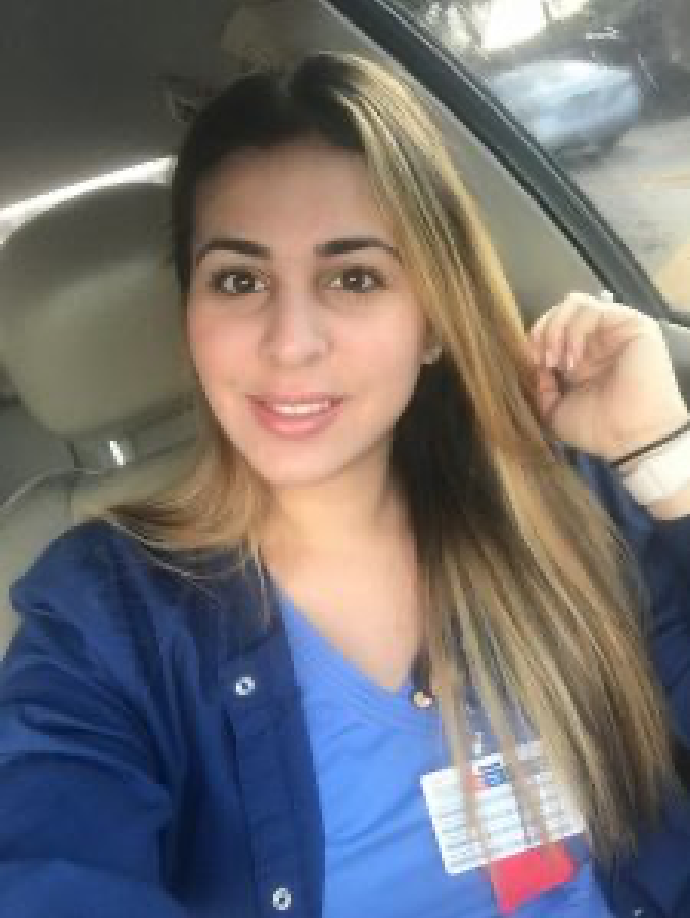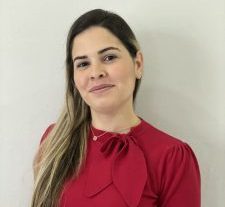Diverse Programs for a Modern Workforce
Discover a world of opportunities with our diverse range of programs
Learn more
Previous slide
Next slide
Embark on Your Journey with Florida National University
Are you ready for your new career? Request more information and explore your future today!
CARES Act Higher Education Emergency Relief Fund
About FNU
0
Years Servicing the Florida community
0
Academic Programs Offered
0
Athletic Teams
0
Campuses and a Distance Learning Center
Our Programs
Florida National University offers a variety of programs that range from certificates to Master’s degrees across six divisions: Allied Health, Business, English as a Second Language, Humanities and Liberal Arts, Nursing, and Social and Behavioral Sciences.
Explore Associate Degrees
Start your educational journey with our diverse Associate Degree programs that provide a strong foundation for your future career.
Explore Bachelor’s Degrees
Elevate your expertise and career prospects with our comprehensive Bachelor’s Degree programs in various fields, designed for success.
Explore Master’s Degrees
Achieve mastery in your field with our Master’s Degree programs, tailored for those seeking academic excellence.
Explore Career Education Diplomas
Get specialized training and skills through our practical Career Education Diplomas, paving the way for hands-on career success.
Explore Certificates
Enhance your knowledge and skills with our Certificate programs, ideal for career advancement and personal growth.
Start your educational journey with our diverse Associate Degree programs that provide a strong foundation for your future career.
Elevate your expertise and career prospects with our comprehensive Bachelor’s Degree programs in various fields, designed for success.
Achieve mastery in your field with our Master’s Degree programs, tailored for those seeking academic excellence.
Get specialized training and skills through our practical Career Education Diplomas, paving the way for hands-on career success.
Enhance your knowledge and skills with our Certificate programs, ideal for career advancement and personal growth.
What our students say about us!
I worked 2 jobs and still managed to finish my Associates of Science in Radiology in under 2 years due to FNU’s flexible schedule. I enjoyed the whole process. I thank my Professors because not only I passed my Boards on the first try, but my entire class did as well.
Lisuan MoralesRadiology Program 
When I entered the FNP program, I had two small children and many family obligations. Going back to school in a full-time, accelerated program after being out in the working world was daunting to say the least. The program was intense, but I am so glad that…
Mayrelis BadaMSN-FNP Program 
My name is Joselin Betancourt and I just graduated from the master’s program in Health Service Administration at FNU. Since I started doing my associates, I started using university resources such as the writing studio. Then I used it for my bachelors and finally for my masters...
Joselin BetancourtHealth Services Administration Program 
Campus Locations
Florida National University has three campus locations and a Distance Learning Department
Hialeah Campus
4425 West 20th Ave.
Hialeah, Florida 33012
Training Center
4206 West 12th Ave.
Hialeah, Florida 33012
South Campus
11865 Southwest 26th St Suite H3
Miami, Florida 33175
Distance Learning Department
4425 W. Jose Regueiro (20th) Ave.
Hialeah, Florida 33012
